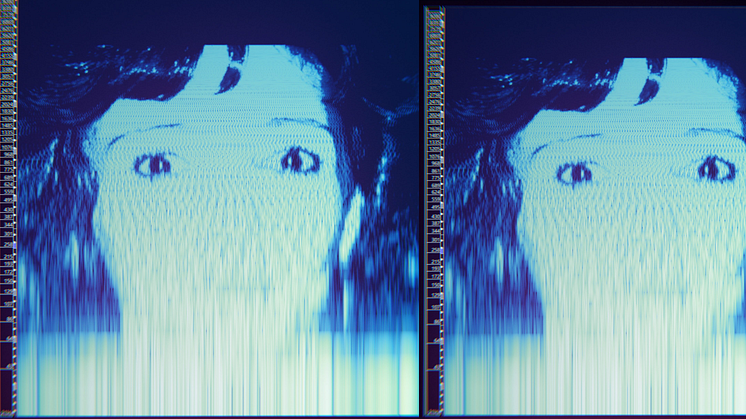
Blog post -
“We Will Always Love You” A Celestial Experience from Australian group, The Avalanches by Quinton Kern
An Australian pop duo, The Avalanches, are known for unusual sounds of music.
The group formed in 1997, released their first record, “Since I Left You,” in 2000, and their second, “Wildflower,” in 2016. These first two musical works have been described as “plunderphonics” because extensive sampling of movies, home videos, and other songs make up the bulk of each track. Despite the eclectic tag they were assigned by critics, the group received acclaim for both albums, crafting a special identity based on their love for retired musicians or ones who have passed away.
The Avalanches show that a slight departure from their older styles can’t stop them from delivering an inspiring musical experience with their latest album, “We Will Always Love You.” After their stunning return to the music scene with 2016’s “Wildflower,” fans were dying to see what the group would bring next, and they certainly delivered. While “Wildflower” felt like a perfect honing of their first record’s style, “We Will Always Love You” feels like a full stylistic evolution.
While The Avalanches’ previous albums were recognizable by detailed and lively covers, the new one is nondescript in comparison. The spectrographic image of an old photo on the cover is interesting but lacks flair. Astronomy buffs may recognize the eerily distorted visage of the woman as Ann Druyan, the creative director behind the 1977 Voyager Golden Record project. Sent with both Voyager spacecraft, record albums served as a sort of time capsule filled with sounds and images that attempted to encapsulate the beauty of our planet, and the beauty of human culture—in case they were found by other-worlders. This connection with the celestial achievements humans have made in space exploration works well with the album’s core themes: transcending both time and death through music. The group is well known for their use of samples, small bits of audio from other songs and movies, to form a bedrock, a foundation for their compositions.
While their previous albums were filled to the brim with hundreds of unique samples that often took center stage, the samples in the new album are more subtle, giving room for more instrumentation and lyrics. This extra room was filled nicely by many choice guest artists; their voices and melodies give each track something unique. Some of the guest artists on “We Will Always Love You” are: Rivers Cuomo of Weezer, Leon Bridges, and Devonté Hynes.
This is one album that is meant to be listened to from top to bottom. Certain tracks stand out on their own, such as “Interstellar Love,” and “The Divine Chord,” but each are pieces of this grand puzzle that is best enjoyed all at once. Playing this album on shuffle could lead to a disjointed experience. If you prefer to mix up your music, avoid the interstitial tracks like “Carrier Waves” and “Solitary Ceremonies” as they only work on a full listening.
The word that comes to mind when listening to this album is ‘ethereal.’ Each track carries a smooth, flowing melody that sometimes contrasts with a pounding dance beat. Even when the beat kicks it up a notch, the songs retain a densely layered river of sound, with influences and styles borrowed from disco, soul, gospel, hip hop, and more; all made to work together in beautiful electronic harmony. The light scratching sounds of a record needle and the periodic sampling give the whole album a dream-like feeling, and the often soft vocals compound this effect. The melodies and lyrics can be mildly melancholic, but I found that they also inspired a sense of peace as I was blanketed in mellow chords that almost seemed to simulate the feeling of deep space.
As much as I enjoyed this album, some songs don’t stand on their own quite as well as others. This, combined with the long-run time (over an hour), makes the listening experience lack cohesion. Some odd sampling choices, such as the sports whistle in “Reflecting Light,” tend to bring listeners out of the experience. Immersion is one of the most impressive features of this album, and it’s disappointing to have it break in the middle of a great song.
These minor issues aside, I recommend this album. It's a viscerally pleasing pack of songs, and the introspection it inspires in listeners is invaluable in times of social seclusion. The combination of styles old and new, samples of artists who are long gone, side-by-side with modern artists, and the cosmic focus all work to provide an experience that reminds me of looking up at a beautiful night sky and enjoying being bathed in starlight.
Quinton Kern is a freelance writer living in Grand Rapids, Michigan. kernq@mail.gvsu.edu.
